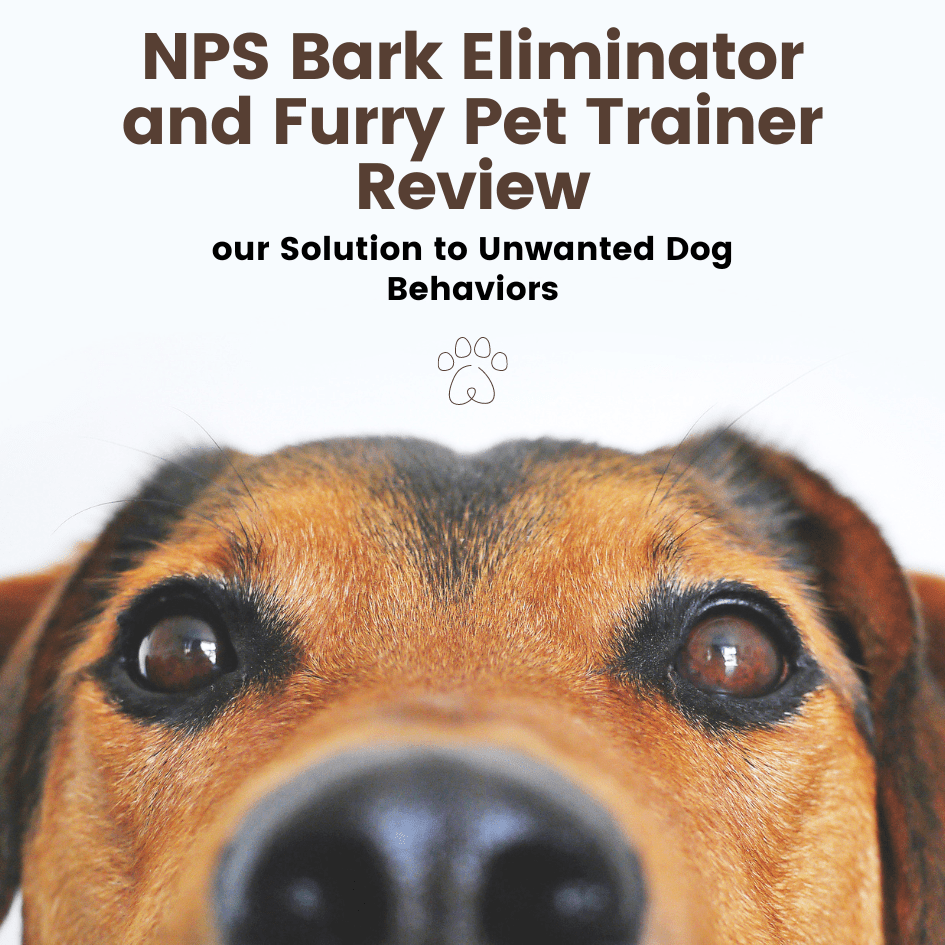Safe Foods for Dogs
1. Fruits and Vegetables: Many fruits and vegetables are not only safe for dogs but also offer numerous health benefits. Some of the top choices include:
- Blueberries: Packed with antioxidants, they can boost a dog’s immune system and improve skin health.
- Carrots: These are a great crunchy snack that promotes oral health and is rich in beta-carotene, which can improve eyesight.
- Apples: An excellent source of vitamins A and C. However, ensure you remove the seeds as they contain small amounts of cyanide, which can be harmful in larger amounts.
Remember, always introduce fruits and vegetables in moderation and observe for any adverse reactions.
2. Meats: Most dogs adore meat, and when prepared safely, it can be a great protein source.
- Chicken: A lean source of protein that can help build muscles. Always serve it cooked and unseasoned.
- Turkey: Similarly to chicken, it’s a beneficial protein source, but ensure it’s plain and without any spices or gravies.
It’s essential to avoid any meats that have been fried or are heavily seasoned as they can upset a dog’s digestive system and lead to other health issues.
3. Dairy: Some dogs can tolerate dairy while others might be lactose intolerant.
- Yogurt: Contains probiotics which can be beneficial for a dog’s digestive health. Always opt for plain, unsweetened varieties.
- Cheese: In small amounts, cheese can be a delicious treat for dogs. However, keep in mind the fat content and potential for lactose intolerance.
If introducing dairy to your dog’s diet, start with small amounts and monitor for signs of stomach upset or other allergic reactions.
4. Grains: While many commercial dog foods contain grains, if you’re giving grains directly, it’s essential to ensure they are plain and easily digestible.
- Rice: A gentle carbohydrate that can be soothing for a dog’s digestive system, especially when they have an upset stomach.
- Quinoa: A protein-packed grain that’s also a source of essential amino acids.
- Oatmeal: Great for dogs with wheat allergies. It’s also packed with fiber and can help with digestive health.
Foods to Avoid at All Costs
1. Toxic Fruits and Veggies: Some fruits and vegetables that are perfectly safe for human consumption can pose severe threats to dogs. Notable among these are:
- Grapes and Raisins: Even in small amounts, these can cause sudden kidney failure in dogs.
- Onions: Contains thiosulfate, which can cause hemolytic anemia, leading to the destruction of a dog’s red blood cells.
- Garlic: While some tout the benefits of garlic for dogs, it can also cause the same problems as onions when consumed in larger amounts. Always consult a veterinarian before introducing garlic.
2. Sweets and Chocolates: While it might be tempting to give your furry friend a bite of your dessert, many sweet items can be harmful to them.
- Xylitol: A common sugar substitute found in sugar-free gums, candies, and some baked goods. It can lead to a rapid release of insulin, hypoglycemia (low blood sugar), seizures, and even liver failure.
- Chocolates: They contain theobromine, especially dark and baking chocolates. Ingestion can lead to heart arrhythmias, muscle tremors, and seizures.
3. Caffeinated and Alcoholic Beverages:
- Caffeine: Found in coffee, tea, and many energy drinks, caffeine can cause rapid breathing, heart palpitations, and muscle tremors in dogs.
- Alcohol: Even small amounts can lead to intoxication in dogs, causing symptoms like vomiting, diarrhea, decreased coordination, and even coma or death in severe cases.
4. Bones and Fatty Foods: While many believe bones are a natural treat for dogs, they can pose several risks.
- Bones: Especially cooked ones, can splinter and cause obstructions or perforations in the digestive system. They can also pose a choking hazard.
- Fatty Foods: Foods rich in fat can lead to pancreatitis, an inflammation of the pancreas, resulting in severe abdominal pain and vomiting.
Always remember to keep these foods out of your dog’s reach and consult your vet if you suspect your dog has consumed any of them.
Potential Reactions and Symptoms
When introducing new foods to your dog or if they’ve managed to sneak a snack they shouldn’t have, it’s vital to monitor them closely for any signs of adverse reactions. These can range from mild gastrointestinal disturbances to severe toxic reactions that require immediate medical attention. Here’s what to look out for:
- Gastrointestinal Disturbances: These are among the most common signs and can include:
- Vomiting: Continuous or severe vomiting can lead to dehydration.
- Diarrhea: Persistent diarrhea can also lead to dehydration and may contain blood or be unusually dark.
- Loss of Appetite: Refusal to eat, especially if accompanied by other symptoms.
- Excessive Drinking or Urination: Could indicate a problem with the kidneys.
- Neurological Symptoms: These can indicate severe poisoning and demand immediate attention. Watch out for:
- Lethargy: If your dog is unusually tired or unresponsive.
- Incoordination: Stumbling, difficulty walking, or appearing “drunk”.
- Tremors or Seizures: Any form of uncontrollable shaking or convulsions.
- Restlessness: Pacing, being unable to settle, or showing signs of agitation.
- Respiratory Symptoms:
- Labored Breathing: Difficulty or noisy breathing.
- Coughing: Persistent or severe coughing.
- Allergic Reactions:
- Swelling: Especially around the face, eyes, or mouth.
- Hives: Raised, itchy bumps on the skin.
- Reddened Skin: Especially if it seems itchy or bothersome to your dog.
- Other Symptoms:
- Increased Heart Rate: A racing or irregular heartbeat.
- Fever or Elevated Body Temperature.
- Pale or Blueish Gums: Indicating possible issues with oxygenation.
Observation is Key: Whenever you introduce a new food to your dog’s diet, or if they consume something outside of their regular diet, it’s essential to keep a close eye on them for the next 24-48 hours. If any of the above symptoms manifest, especially in combination, it’s crucial to seek veterinary assistance immediately. Remember, early intervention can make all the difference in ensuring your dog’s health and well-being.
Tips for Introducing New Foods
Navigating the culinary world for your canine companion can be tricky, especially when you’re tempted to share a little of what you’re enjoying. When introducing any new food to your dog’s diet, it’s always best to be cautious. Here are some tips to ensure a smooth and safe transition:
- Start Small: Always introduce new foods in tiny amounts. This allows you to gauge your dog’s reaction, both in terms of preference and any possible adverse reactions.
- Watch for Reactions: After giving them a new treat or food, observe for signs of allergies or discomfort. This can range from itching, swelling, or redness to gastrointestinal issues like vomiting or diarrhea.
- Consult Your Veterinarian: Before making any significant changes to your dog’s diet or introducing supplements, always consult with a vet. They can provide insights based on your dog’s specific health needs and history.
- Consistency is Key: Dogs thrive on routine. If you decide to introduce a new regular food to their diet, make sure it’s consistent. An erratic diet can lead to digestive problems.
FAQ Section
- Can dogs eat peanut butter?
- Most dogs love peanut butter, and it can be a good source of protein and healthy fats. However, always ensure that the peanut butter you’re offering doesn’t contain xylitol, a sweetener that is toxic to dogs.
- Why is chocolate toxic to dogs?
- Chocolate contains substances called theobromine and caffeine, both of which can be toxic to dogs. The darker and more bitter the chocolate, the more theobromine it contains. Even small amounts of chocolate, especially dark or baking chocolate, can cause heart problems, muscle tremors, or seizures in dogs.
- How much cheese can I give my dog?
- Cheese can be a great treat for dogs in moderation. However, like humans, some dogs can be lactose intolerant. If your dog has never had cheese before, start with a small piece and observe for any digestive upset. If there’s no adverse reaction, it’s usually safe to give cheese occasionally as a treat. Remember, always opt for low or reduced-fat varieties without added seasonings or herbs.







